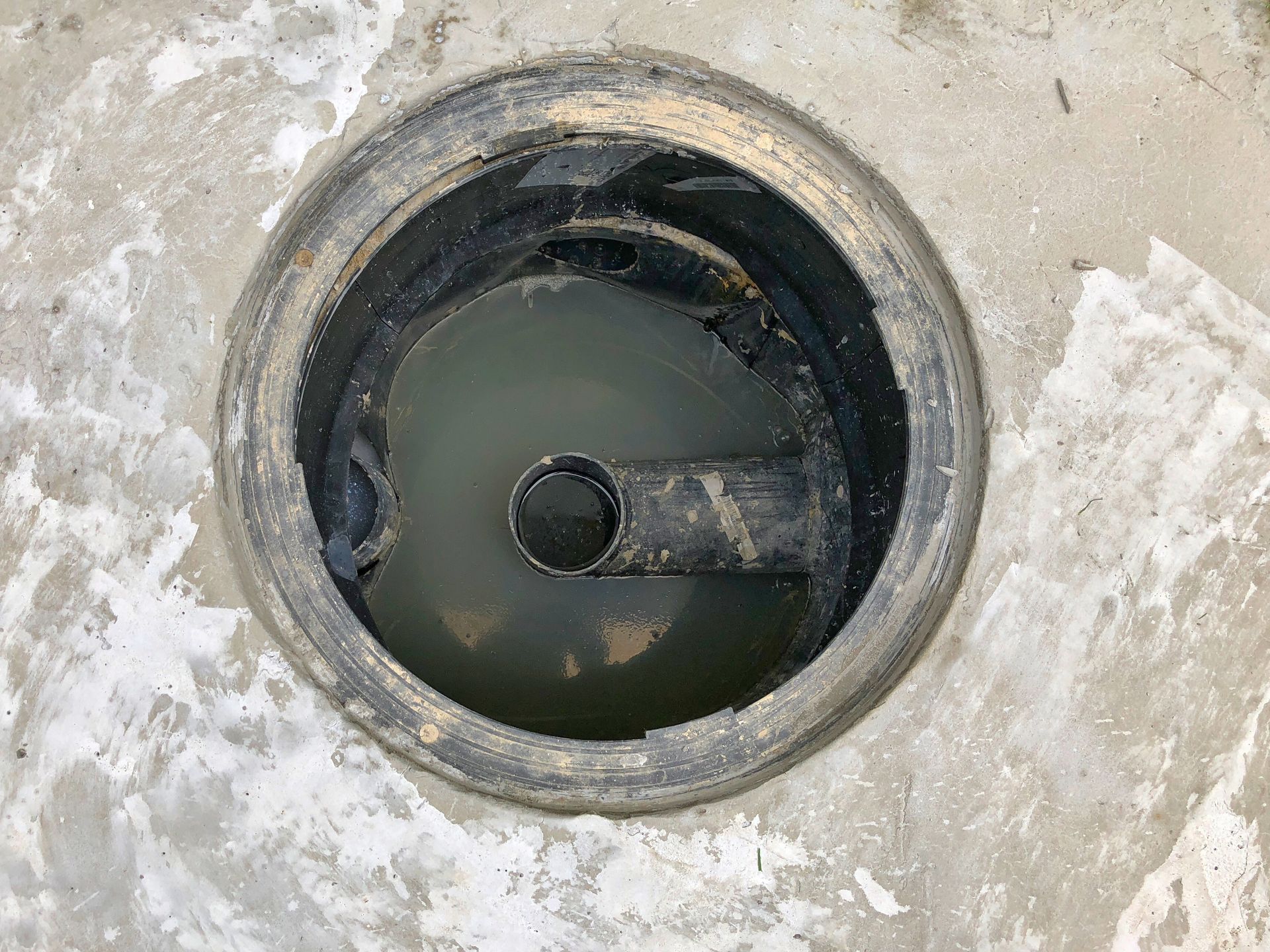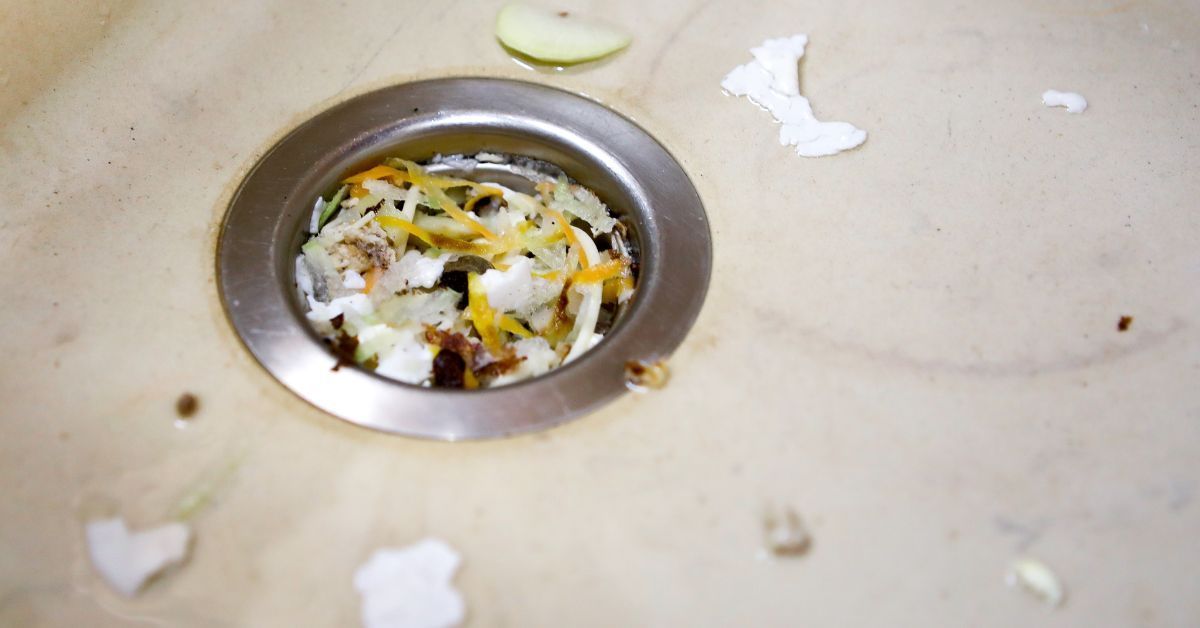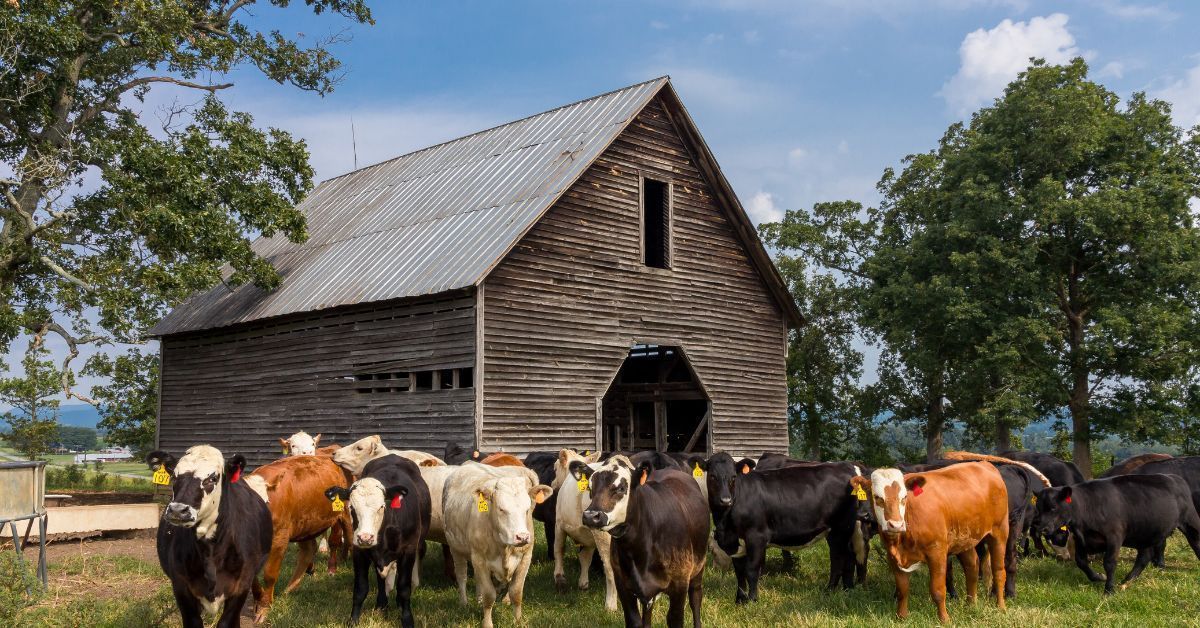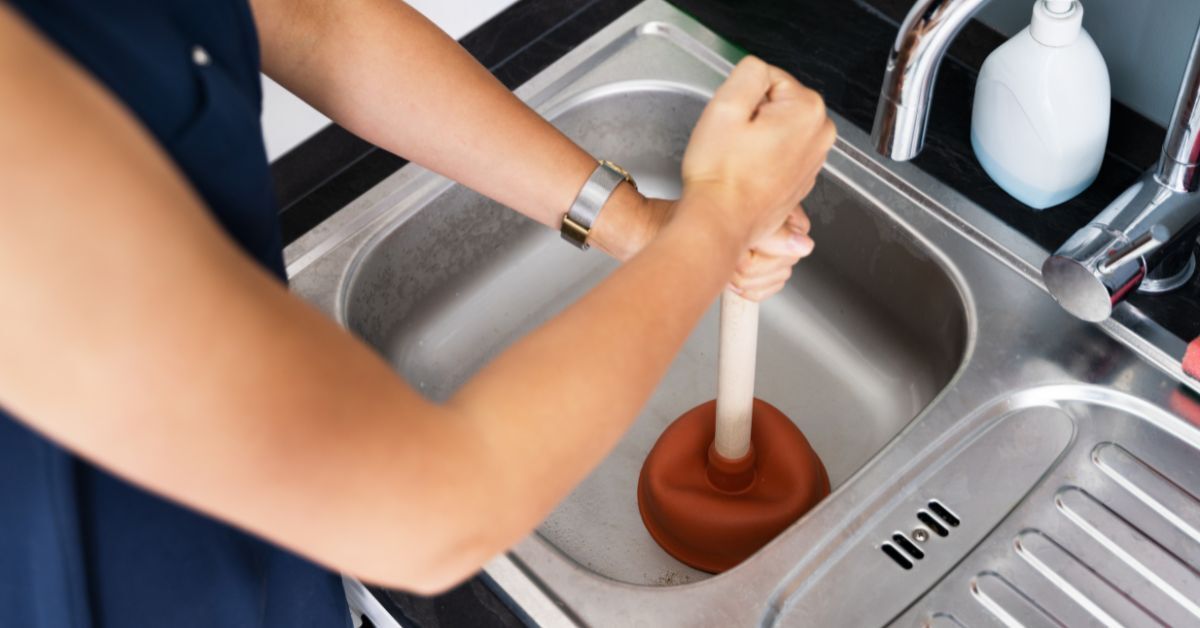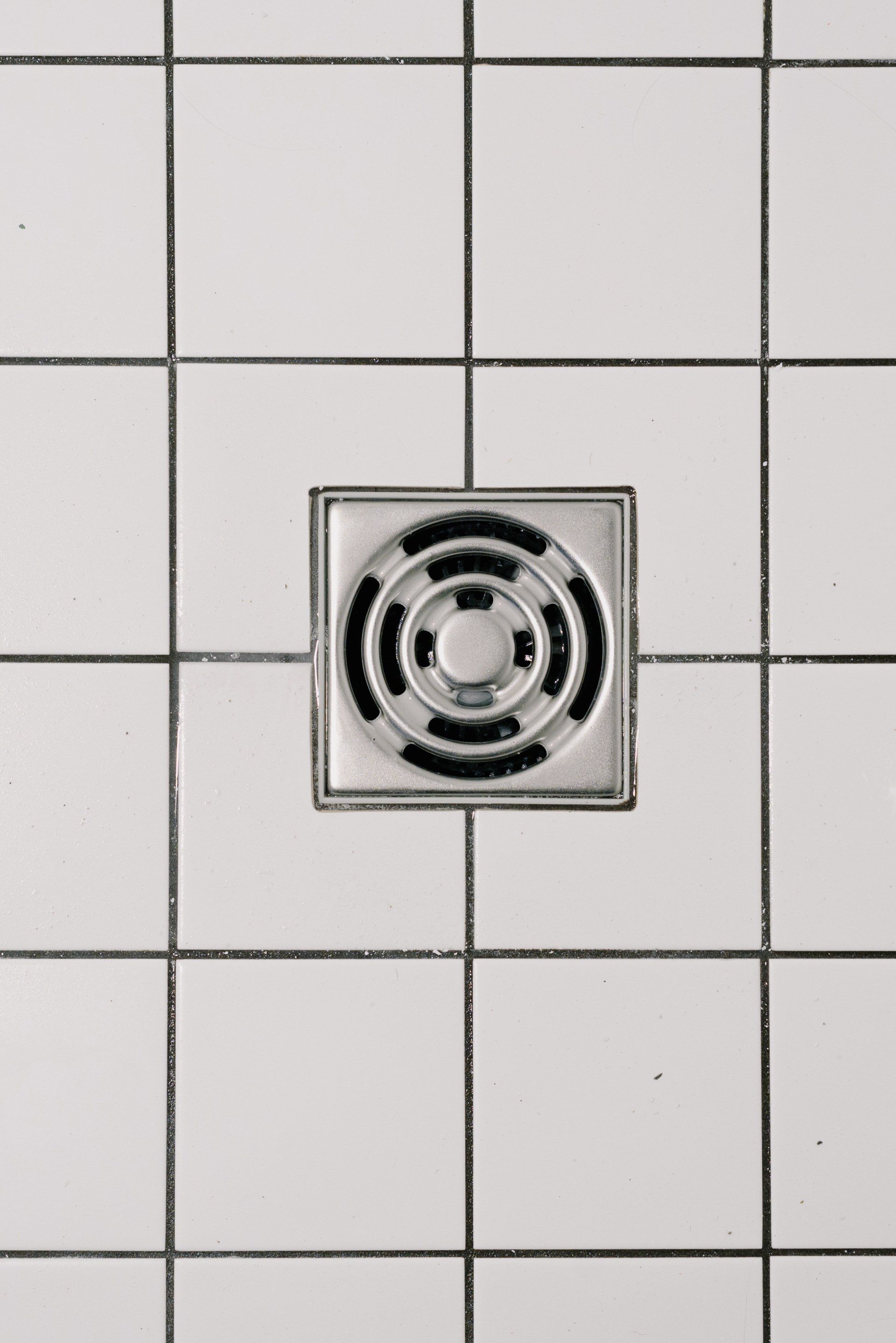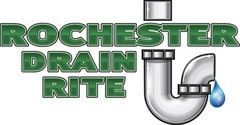Clog-Free Farm Drains: Avoid The Most Common Reasons
Farm drains are a vital part of the drainage systems of most agricultural farms. With drains that run through fields, barns, and other outbuildings, farm drains help minimize water flow and prevent excess water or mud from collecting and turning fields into muddy messes. For these reasons, it is important that farm drains remain unobstructed so that water can flow freely. Unfortunately, clogs can occur over time, leading to water build-up and potentially catastrophic damage to farms.
In this article, we explore the most common causes of farm drain clogs and discuss how to avoid them, as well as how Rochester Drain-Rite can provide farm drain maintenance services to help keep your farm's drains running smoothly.
Common Causes of Farm Drain Clogs
Farm drains can be a huge hassle when they become clogged, as they can be damaging to and inconvenient for the running of the farm. But in order to learn how to prevent and troubleshoot common farm drain clogs, it is important to first understand their primary causes and the steps to take to avoid them. In this section, we will outline the most common causes of farm drain clogs and helpful solutions to prevent further issues.
- Leaves and Other Debris – Farm owners need to be diligent in maintaining the cleanliness of their land and draining systems. This means regularly looking for debris such as leaves, branches, and trash on the surface as well as within drain lines. Clogs can quickly occur in farm drains due to the accumulation of debris so farm owners should be sure to remove debris on a periodic basis.
- Construction Debris – Farm drains can be clogged by construction debris in the soil and by particles and fibers in construction materials like concrete and asphalt that wash off the surface of roads, driveways, and buildings. To avoid this issue, farm owners should ensure that their farm drainage system is properly designed and maintained, and should pay attention to any construction projects that may affect the farm drain system.
- Tree Roots – Trees can be a source of clogging in drains as the roots can grow into and around the drain pipes, blocking or obstructing water flow. As such, any trees located near farm drains should be trimmed back periodically to prevent root intrusion. Additionally, a professional plumber should check for root intrusion and other damage to the drain pipes at least once a year.
- Soil Compaction – Farm drains are prone to compaction and sedimentation due to the constant movement of heavy equipment and animals. Sediment can block drains and lead to water accumulation, so it is important to ensure that farm drains are adequately maintained. This can include regular inspections to ensure that drain pipes are free of clogs and sediment, as well as routine maintenance such as moving visible sediment to prevent buildup.
- Overgrazing – Overgrazing of pastures can have serious consequences for the environment. Not only does it contribute to the decrease in vegetation but it can also lead to soil compaction. This means that if the same area of land is overgrazed by heavy animals, the soil will be tightly compacted, leaving it harder and clogging drains. This way, water cannot easily permeate the soil which can cause flooding and the release of pollutants into nearby waterways.
- Blockages from Animals – Animals can be attracted to farm drains, which can cause blockages if they enter them. To prevent animals from entering drains on farms, owners should make sure all fences on the property are secure and that any drains are properly covered and maintained. Additionally, owners should check drains regularly and keep any vegetation around them trimmed back so that animals are not tempted to explore what lies below.
- Poor Design – Poorly designed farm drains can be detrimental to farm operations if left unchecked. If a farm's drains are not created and installed appropriately, it can lead to a build-up of water, resulting in clogs and an eventual lack of proper drainage. This can create serious delays in farm operations, as well as create problems such as soil erosion, waterlogging, and damage to crops.
- Siltation – Farm drains can become clogged over time due to the accumulation of sediment from clay soils, which has a tendency to block drainage and cause water to build up. To ensure that the drains are kept in an optimal functioning state, it is important to perform regular drain cleaning and flushing out of the pipes. This practice should help to keep the drains running properly and can prevent flooding, as well as potential damage to the crops and their surrounding environment.
- Broken Pipes
– Broken or cracked drain pipes can be a major nuisance to farm owners if they are not addressed in a timely manner. Clogging and water accumulation can occur when a drainage system isn't regularly monitored and maintained and any damage to the pipes is left unrepaired. It is highly recommended that farm owners have a professional inspect their drainage system on a regular basis in order to find and fix any potential damage to the pipes before a more serious issue arises.
Clogged farm drains can lead to water accumulation, resulting in costly damage to crops, pastures, and other farm assets. It is important for farm owners to be aware of the most common causes of farm drain clogs, as well as the steps to take to avoid them. Additionally, farm owners should rely on professional services for regular maintenance of their drain system to ensure that their farm drains remain clog-free and running smoothly.
At
Rochester Drain-Rite, our team of experienced plumbers provides efficient farm drain maintenance services in Rochester, MN, and the surrounding areas. Our services are affordable and tailored to your specific needs, and we guarantee that your farm drains will remain clog-free and running smoothly. Contact us today at
507-288-2121 to learn more about our services and to schedule an appointment.
